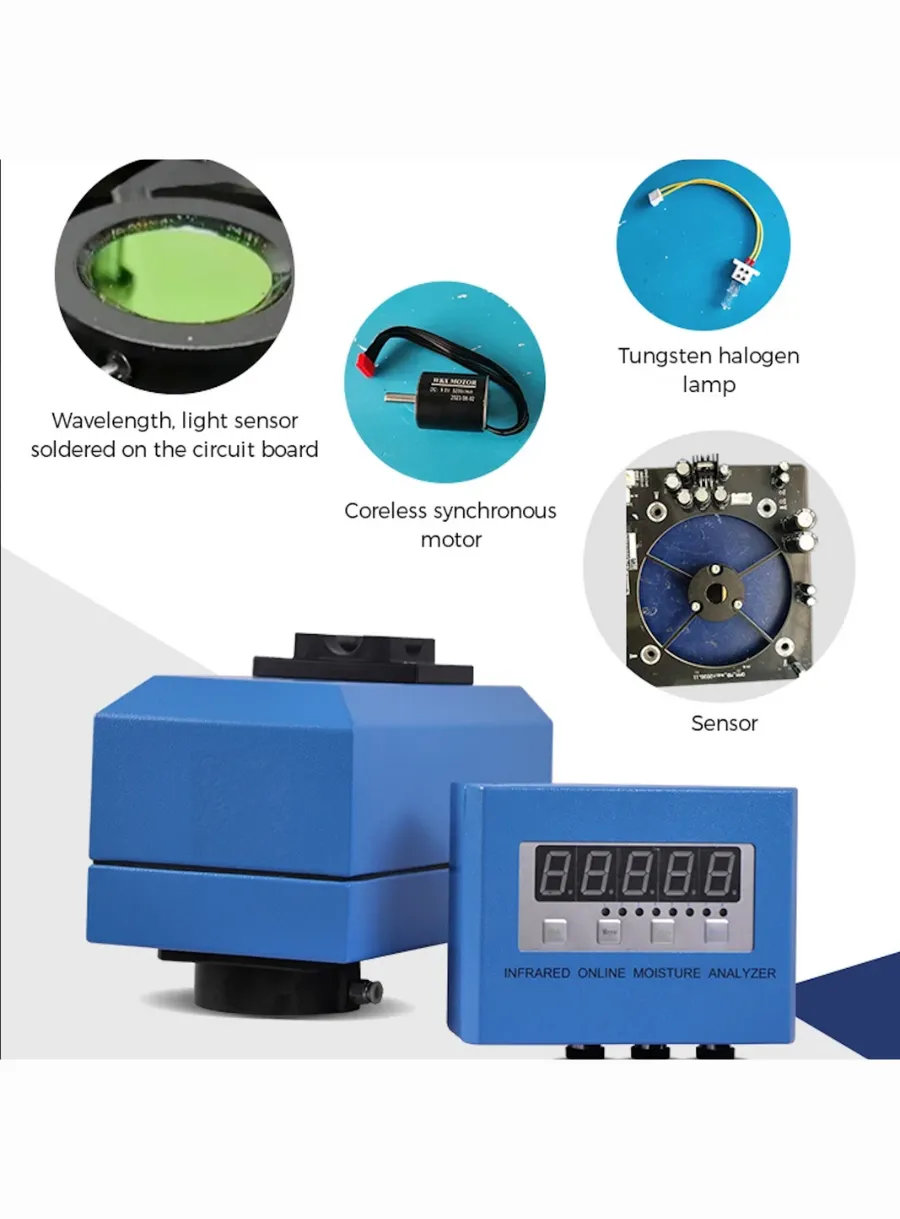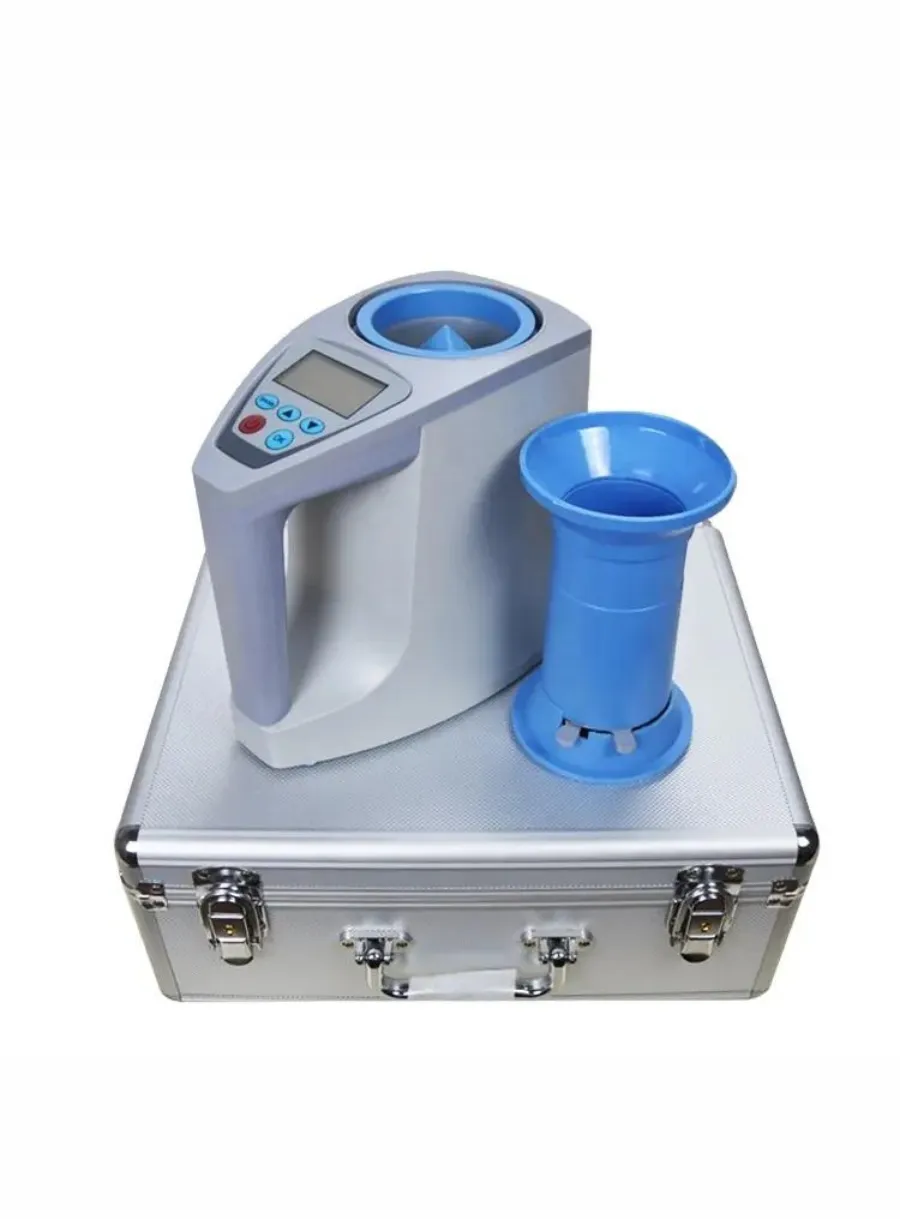
Future Prospects in Rice Production
Table of Contents

As the global population continues to increase, the demand for efficient and sustainable agricultural practices becomes more critical. Recent advancements in precision agriculture have highlighted the importance of Wireless Sensor Networks (WSNs) for real-time soil and crop monitoring. These networks allow for the optimization of agricultural resources and support decision-making processes that enhance crop productivity and sustainability. By integrating IoT solutions, farmers can monitor various environmental parameters such as soil moisture, temperature, and humidity, thereby making informed decisions on irrigation and other crop management practices.
The use of drones and autonomous mobile robots to read buried RFID tags can further streamline data collection and improve the accuracy of soil moisture measurements. This technology enables farmers to gather more comprehensive and precise data about their fields, leading to more informed decision-making and improved crop management.

Efficient irrigation is crucial for the development of sustainable agriculture, particularly in arid and semi-arid regions where water resources are limited. Traditional irrigation methods like gravity irrigation are less efficient, leading to significant water wastage. In contrast, modern techniques such as sprinkler and drip irrigation, when combined with advanced sensing devices, can significantly improve water use efficiency. By deploying soil moisture sensors, farmers can precisely determine the water needs of their crops, thereby minimizing water usage and conserving natural resources.
Climate Change Adaptation Strategies
The effects of climate change, including extreme weather events and higher temperatures, pose significant challenges to rice production. U.S. rice growers, for instance, have already experienced severe storms, floods, and droughts, which have impacted their productivity. As climate projections indicate a slowdown in productivity growth, there is an urgent need for investment in research and development to develop adaptive strategies. These strategies could include planting crops earlier, reducing water usage, and developing new seed varieties that are more resilient to changing environmental conditions.
Research and Development for Sustainable Productivity
Researchers at institutions like Cornell University are exploring the potential of adaptive measures to maintain or even enhance productivity without relying excessively on fertilizers or expanding agricultural land, which could have detrimental environmental impacts. This research is crucial for developing sustainable practices that can meet the growing global demand for rice while mitigating the impacts of climate change.
Comments
Tags
Frequently Asked Question
WSNs enable real-time monitoring of soil and crop conditions, allowing farmers to optimize resource use and make informed decisions about irrigation and crop management.
Modern techniques like sprinkler and drip irrigation, combined with soil moisture sensors, are being used to improve water use efficiency and conserve resources.
Climate change is causing extreme weather events and productivity slowdowns. Adaptive strategies include earlier planting, reduced water usage, and development of resilient seed varieties.
Research is crucial for developing sustainable practices, adaptive strategies, and new technologies to maintain productivity while mitigating environmental impacts in the face of climate change.

